WILDLIFE CONSERVATION - African Parks Goat Pass-On Transforms Lives
From Poacher to Protector: Around Liwonde National Park, the Goat Pass-On Project is transforming lives and landscapes—thanks to a simple goat that sparked sustainable livelihoods.
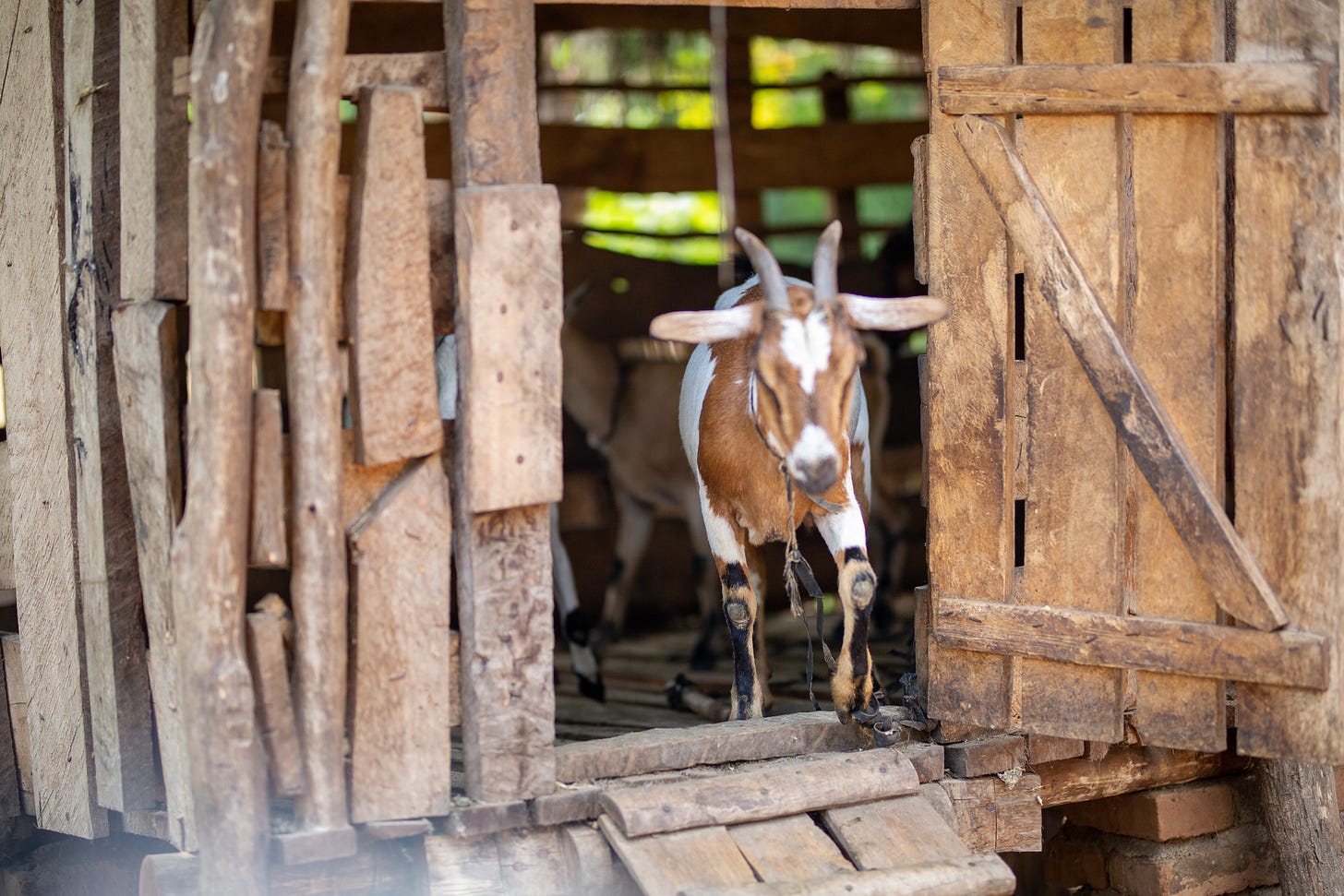
For 53-year-old John Lilomba of Sitole Village in Traditional Authority Sitola, Machinga District, life has taken a remarkable turn—from illegally entering Liwonde National Park in violation of the National Parks and Wildlife Act, to becoming an advocate for wildlife conservation and sustainable natural resource management. Today, he proudly serves as a member of his village’s Natural Resources Management Committee writes MAUREEN KAWERAMA who had first hand engagement with the beneficiaries.
“I used to poach and collect resources from the park to survive,” admits Lilomba. “But everything changed in 2022 when I was registered as a beneficiary of the Goat Pass-On Programme by the park’s community extension unit.”
The goat Lilomba received gave birth to two kids. Once they matured, he passed on the original goat to another beneficiary, in line with the project’s guidelines. The remaining goats have since reproduced, and Lilomba sold one last year to buy fertilizer for his maize field.
“This year, I’ve harvested about ten bags of maize,” he said proudly, gesturing toward his flourishing field. “Thanks to the proceeds from that goat, my family won’t go hungry anymore.”
No longer reliant on poaching for survival, Liwomba is now a committed conservationist. He sees the true value of the park and is passionate about protecting it for future generations.
“Being part of the Village Natural Resources Management Committee is my way of giving back and ensuring the long-term survival of Liwonde National Park,” he said. “I’ve seen firsthand how conservation can benefit both people and the environment.” All the Village Natural Resources Management Committee falls under the Upper Shire Association for the Conservation of Liwonde National Park (USACOL) which is the mother body for all the committees.
Lilomba’s story mirrors that of many others benefiting from the Goat Pass-On Project—an initiative by African Parks to promote alternative livelihoods for communities surrounding Liwonde National Park, including areas in Mangochi, Machinga, and Balaka.
“I received one goat from the park, and now I have four in my kraal,” shared 32-year-old Enelesi Saidi of Chimesya Village, Traditional Authority Chiunda in Mangochi. “I’ve already passed on the original goat, and I plan to sell some of the others to support my household needs.”
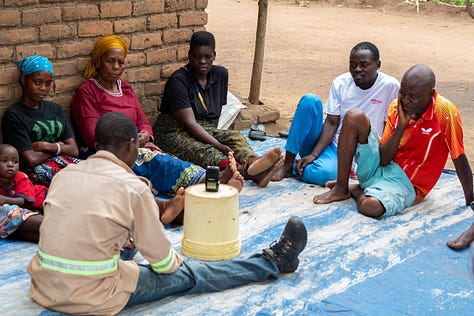
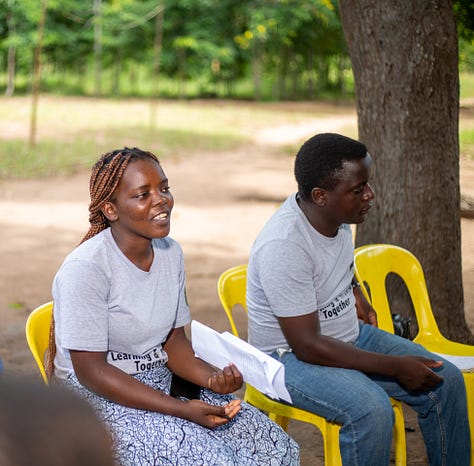
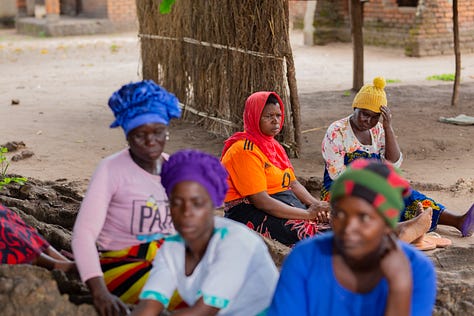
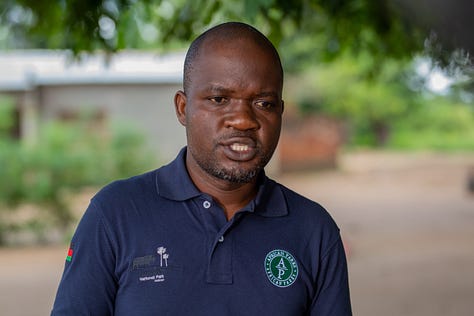
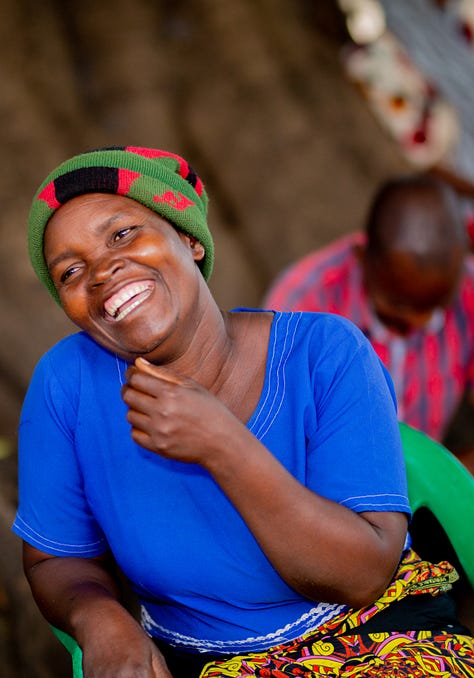
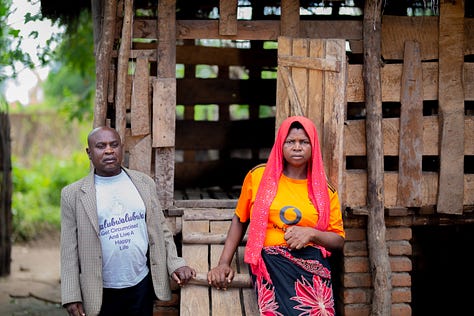
Chrissy Navicha, a long-term beneficiary who joined the programme in 2017, has sold five goats to pay for her children’s secondary education and purchase farming inputs.
“I still have three goats,” she said. “But we would benefit even more if the park could link us with veterinary experts to help us treat sick animals.”
The Goat Pass-On Project was launched in 2017 to reduce poaching by addressing the economic hardships that drove many locals to illegally exploit park resources. The initiative provides each household with one goat. Once the goat reproduces and its offspring mature, the original goat is passed on to another household—creating a ripple effect of support throughout the community.
“We realized that conservation cannot succeed without community involvement,” said Gracian Banda, a Community Development and Extension Assistant for Chiunda. “People were entering the park out of necessity. By providing goats, we’re not only giving them an alternative source of income and protein, but also helping them understand the value of legal and sustainable livelihoods.”
“This initiative reflects our commitment to community-based natural resource management—working hand in hand with the park,” Banda added.
Acting Park Manager Shaibu Kadewere echoed these sentiments, emphasizing the importance of linking conservation with community welfare.
“People often turn to illegal activities because they lack viable livelihood options,” said Kadewere. “We want to ensure that communities are financially secure and see tangible benefits from the park’s presence.”
What began as a modest intervention is now transforming mindsets, restoring ecosystems, and inspiring success stories like Liwomba’s—from poacher to protector.
This is the kind of community-centered approach that can secure the future of both Liwonde National Park and the adjacent Mangochi Forest Reserve, ensuring they continue to provide critical ecosystem services for generations to come.
*Additional reporting by Charles Mkoka


